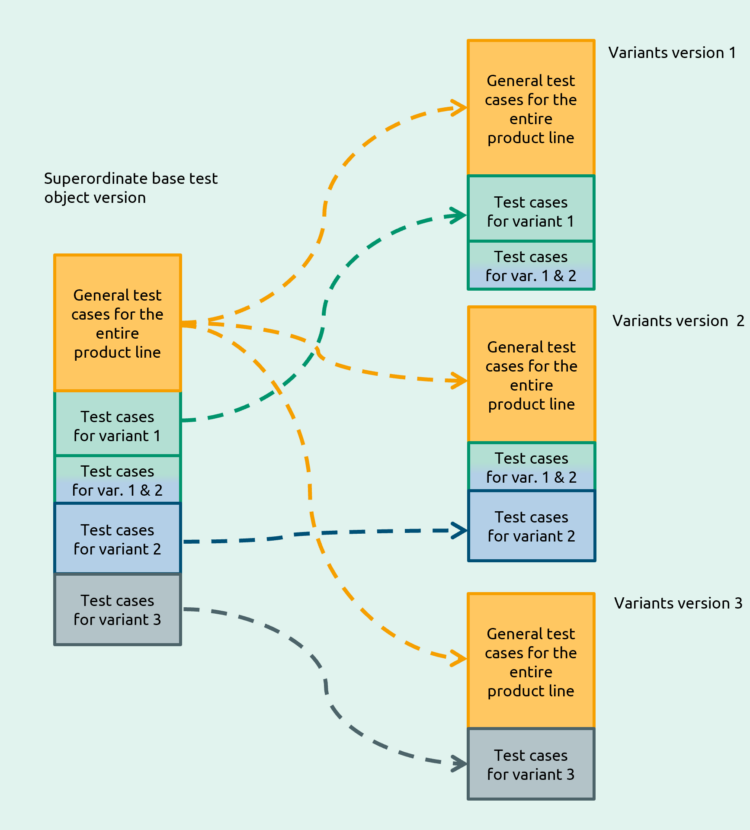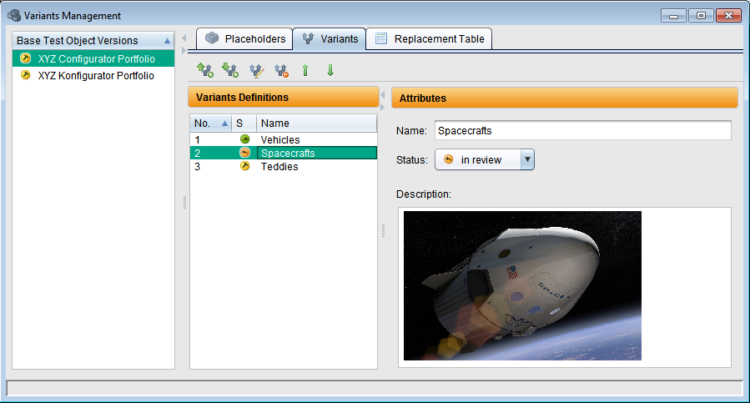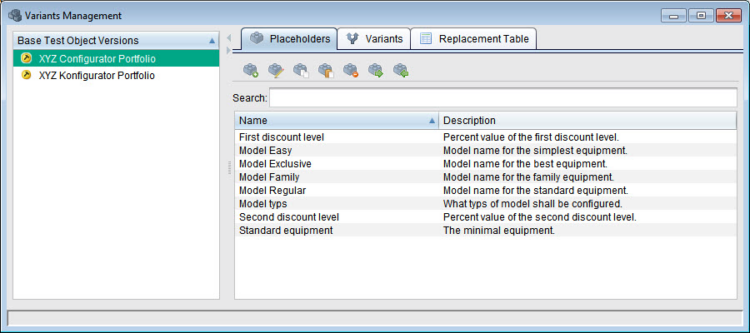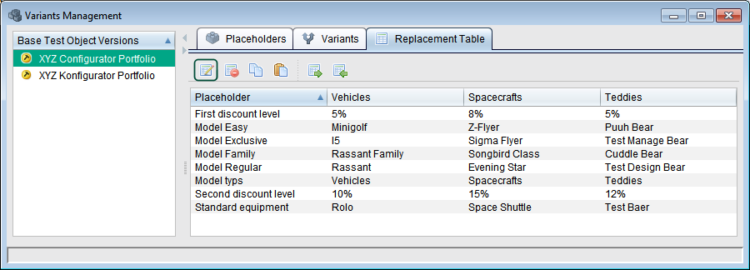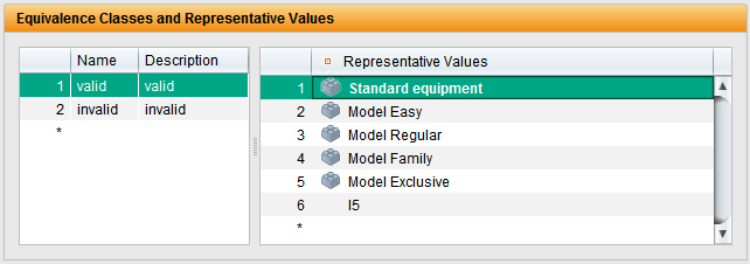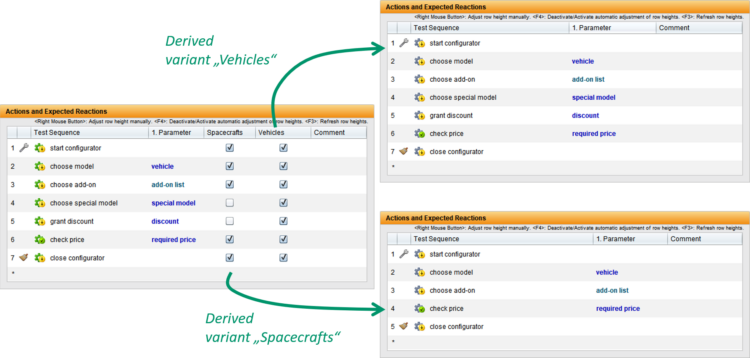It often makes sense to create several individual versions of a product on the basis of a common platform. However, testing these product variants can become a complex and time-consuming task. Differentiating and testing common basic functionalities and variant-specific features requires precise organisation and execution of test cases. Another difficulty is the customisation of test data, as each variant may require different data to achieve meaningful test results.
This can lead to the following problems:
- Redundancies and loss of efficiency when defining tests for common functionalities
- Insufficient availability or timeliness of tests for certain product variants
- Restrictions in the individual definition of test data for each product variant
- Insufficient detection, analysis and tracking of change impacts across all variants
- Difficulties in estimating and controlling the number of test cases per product variant, which can lead to unnecessary testing effort
- Lack of standardisation and coordination in the execution and logging of tests across different variants
